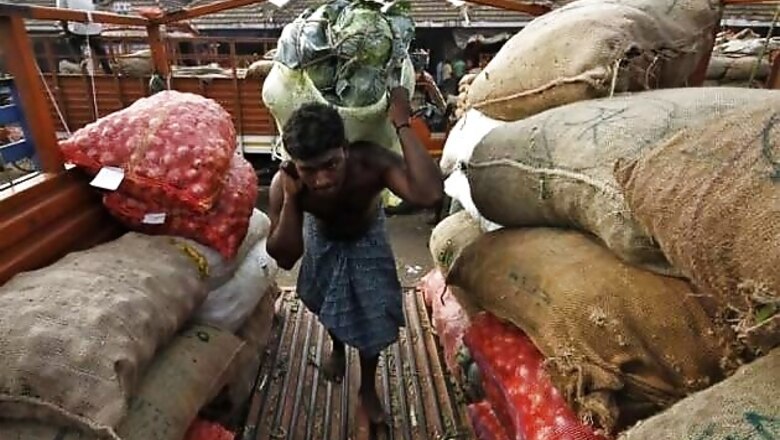
views
New Delhi: With its stand on food security leading to a stalemate at the WTO talks in Geneva, India on Friday said it is committed to the global trade deal without compromising on its interest, and will re-engage with members when talks resume a month from now.
"WTO will open in September. We are prepared to engage on day one with a clear understanding that our position with regard to food security and our commitment to Trade Facilitation Agreement (TFA) is 100 per cent firm," said a highly placed source in the government.
India, the source said, wants TFA and food security issues pass the muster together and "we will work towards that". The World Trade Organization (WTO) will resume work from September 1. "We look forward to receive support from our other member friends in the WTO and we will start the negotiation process again," the source said, adding that the refusal of the developed world to accept Bali's proposal as a package led to the failure of talks at the General Council meeting in Geneva on Thursday.
Rejecting the accusations that India is a deal breaker, sources said that Bali is alive as the General Council cannot go beyond the mandate agreed to by the Ministerial Meeting in Bali last year. "The interest of more than a billion poor farmers can not be compromised for a deadline (July 31). This position, we maintained in the past and today also. We are still committed to TFA," the source added.
Commerce Secretary Rajeev Kher said the WTO will be on vacation for a month and during this time India will focus on follow up action. "This is a good enough time to think about our follow up action. Obviously, our proposal is there on the table and we will pursue our proposal," he said.
India has suggested to establish special sessions to resolve its food security related issues and has proposed the deadline of December 31. The Geneva meeting failed because the developed world neither agreed to extend the 'peace clause' until a permanent solution was found to the public stock-holding issues for food security purposes nor to club the TFA issues with the food security.
"We would be satisfied if we got a peace clause till a permanent solution was negotiated and adopted. It means, we could have been allowed TFA to happen by July 31 provided we got a peace clause till a permanent solution was adopted," the source said.
The peace clause offers immunity from penalties imposed for breaching the farm subsidy cap of 10 per cent under the WTO Agreement on Agriculture. After more than a week of hectic deliberations, WTO chief Roberto Azevêdo reported to WTO ambassadors last night that despite intensive consultations "we have not been able to find a solution that would allow us to bridge the gap" on the adoption of the protocol on the TFA.
New Delhi is pressing for an amendment to WTO norms regarding stockpile of food grains, an issue critical to India's food security programme. The current WTO norms limit the value of food subsidies at 10 per cent of the total value of food grain production. However, the support is calculated at the prices that are over two-decade old.
India is asking for a change in the base year (1986-88) for calculating the food subsidies. India wants a change taking into account inflation and currency fluctuation. India has proposed two options in front of the General Council meeting in Geneva. "The first was that there could be a linkage between TFA and food security. The second option is that India would not push for a linkage but would be satisfied if it got a peace clause till a permanent solution was negotiated and adopted," the source said.
India has suggested to link the calculation of food subsidies to the excessive rate of inflation or revision of external reference price which is today pegged at 1986-88 price.











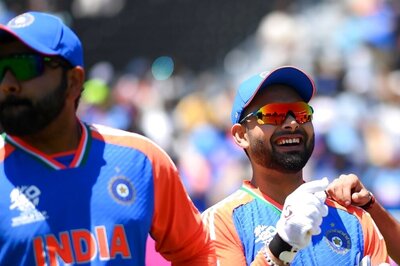

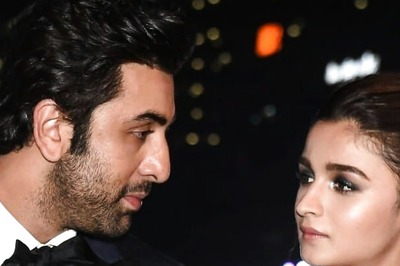




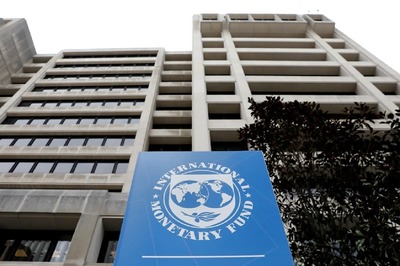
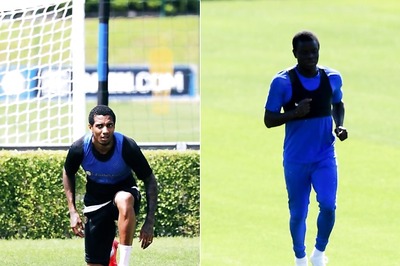
Comments
0 comment